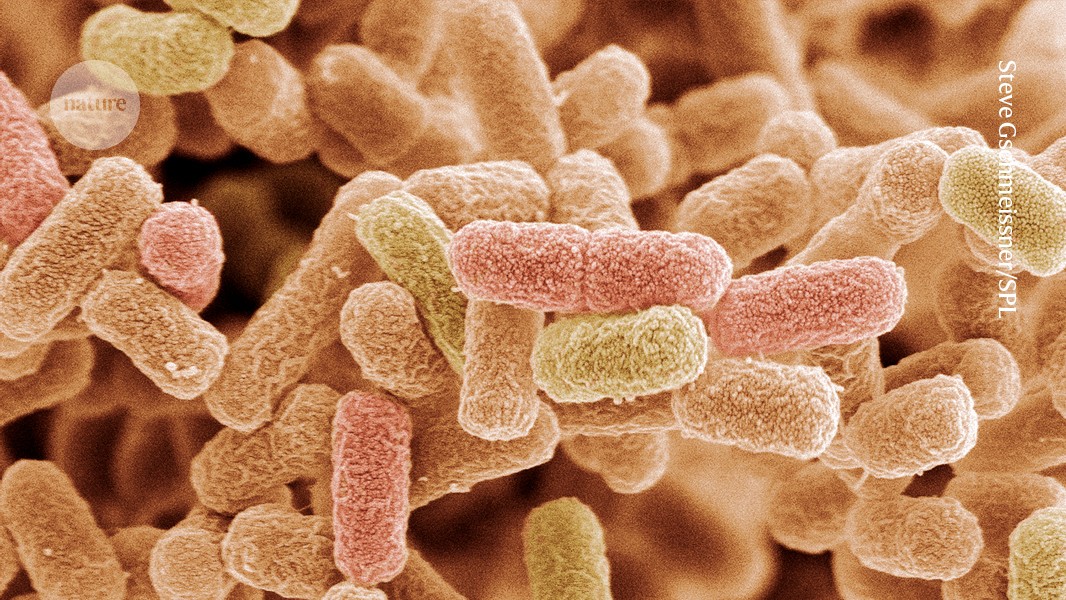
"Researchers have engineered microbes to produce nylon-like plastics, addressing the challenge of plastic waste while highlighting biology's potential to create sustainable materials."
"Using modified enzyme-coding genes in E. coli, scientists created a bioplastic, poly(ester amide), which demonstrates properties comparable to polyethylene, paving the way for sustainable plastics."
For the first time, researchers have genetically engineered bacteria to produce a type of plastic similar to nylon, a significant stride towards sustainable materials. Previous attempts to create nylon-like plastics have proven difficult due to the lack of natural enzymes. By modifying genes from various bacteria, scientists successfully inserted them into E. coli, leading the creation of poly(ester amide) or PEA. PEA possesses properties akin to polyethylene, highlighting the potential of biology in addressing the global plastic crisis, which generates 400 million tonnes of non-recyclable plastic annually.
Read at Nature
Unable to calculate read time
Collection
[
|
...
]